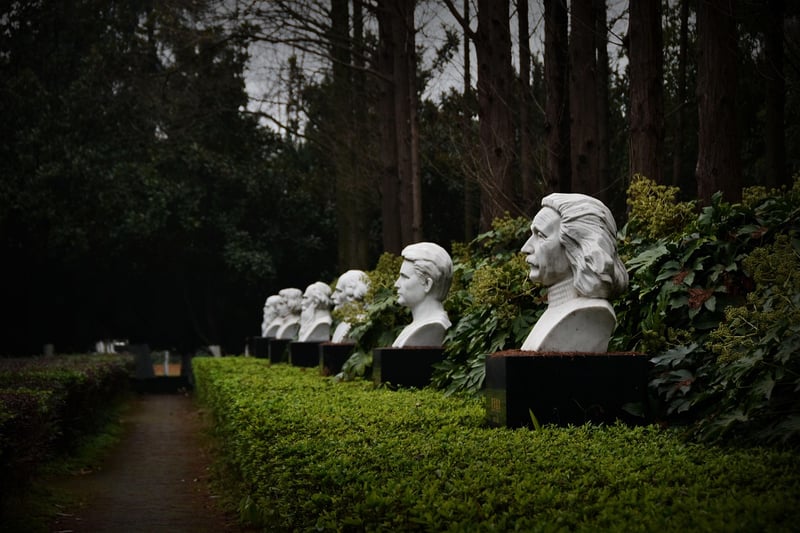Temporal Explorers
The Pioneers of Time Travel and Temporal Exploration
Time travel has long been a fascinating concept in science fiction, inspiring the imaginations of many. While time travel remains a theoretical possibility, several pioneers have made significant contributions to the exploration of temporal concepts and the possibilities they hold. Let's delve into the lives and works of some of these temporal explorers.
1. H.G. Wells

Herbert George Wells, commonly known as H.G. Wells, was a renowned English writer who delved into the realms of science fiction. His novel "The Time Machine," published in 1895, is a seminal work in the genre and popularized the concept of time travel using a machine.
2. Albert Einstein

While not a time traveler himself, Albert Einstein's theory of relativity revolutionized our understanding of space and time. His equations paved the way for discussions on time dilation and the theoretical possibility of time travel.
3. Stephen Hawking

Stephen Hawking, a brilliant theoretical physicist, explored the concept of time within the framework of black holes and the universe's origin. His work on the theory of everything and the nature of time has inspired generations of scientists and science enthusiasts.
4. Carl Sagan

Carl Sagan, an astrophysicist, cosmologist, and science communicator, popularized scientific concepts related to space and time. His work on the "Cosmos" series and his books have ignited a passion for understanding the universe, including its temporal dimensions.
5. Michio Kaku

Michio Kaku, a theoretical physicist and futurist, has delved into topics like string theory, parallel universes, and the nature of time itself. His popular science books and TV appearances have made complex temporal concepts accessible to a broader audience.
While time travel remains a speculative concept, the works of these pioneers have expanded our understanding of time and its complexities. Whether through literature, physics, or popular science, the exploration of time continues to captivate our curiosity and fuel our imaginations.
